Cryptomus often gets recommended as a fast and low-cost solution for handling crypto transactions. But does it really work as well as people say? To find out, I spent several days testing deposits, withdrawals, P2P trades, and invoices. This Cryptomus Exchange Review isn’t just a feature list—it’s based on using the platform for actual payments, comparing it to well-known players like PayPal, Binance Pay, and smaller P2P services.
Setting Up Cryptomus: What You Can Expect
Getting started on Cryptomus was surprisingly quick. Unlike big exchanges that require long KYC checks, my account was ready in minutes. A simple email verification got me access to the wallet, and I could deposit USDT immediately.
The interface feels designed for speed rather than complexity. Buttons for sending, receiving, and swapping funds are right there, and invoice creation is a two-step process. If you’ve used clunky banking apps or complicated exchanges before, Cryptomus feels like a breath of fresh air.
However, traders looking for advanced charts or order types will find it too basic. Cryptomus is built as a payment gateway first, not a trading hub.
Cryptomus Exchange Review: Is Cryptomus Safe Enough for Daily Use?
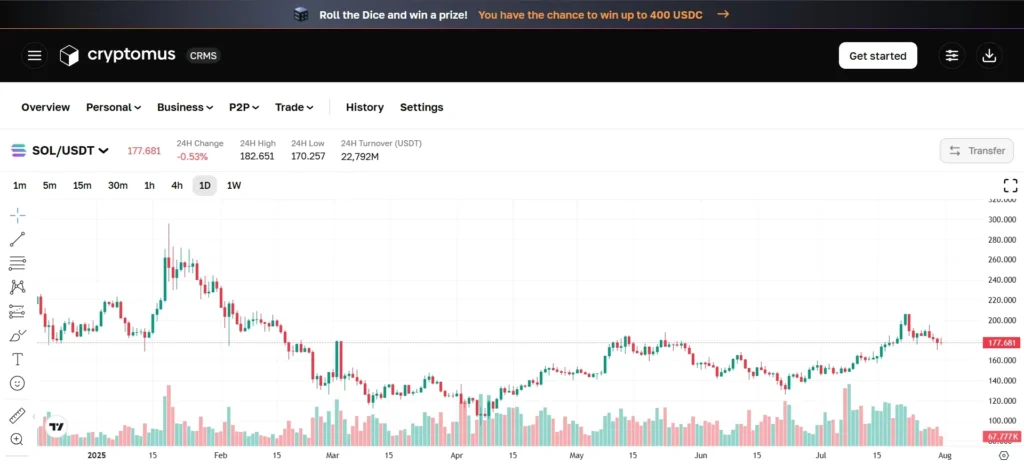
Security is always the first question with a new exchange. In this Cryptomus Exchange Review, I ran multiple small transactions to see if anything felt risky. Two-factor authentication worked reliably, withdrawal confirmations came instantly, and I never had a transaction stuck in “pending” for hours.
Even when I deliberately sent multiple transfers back-to-back, the system processed each one without delays. Still, because Cryptomus is newer and hasn’t faced high-volume stress tests, I wouldn’t keep large long-term holdings on it. Using a hardware wallet for storage remains the safer choice.
Payments and P2P Trading – A Smooth Experience
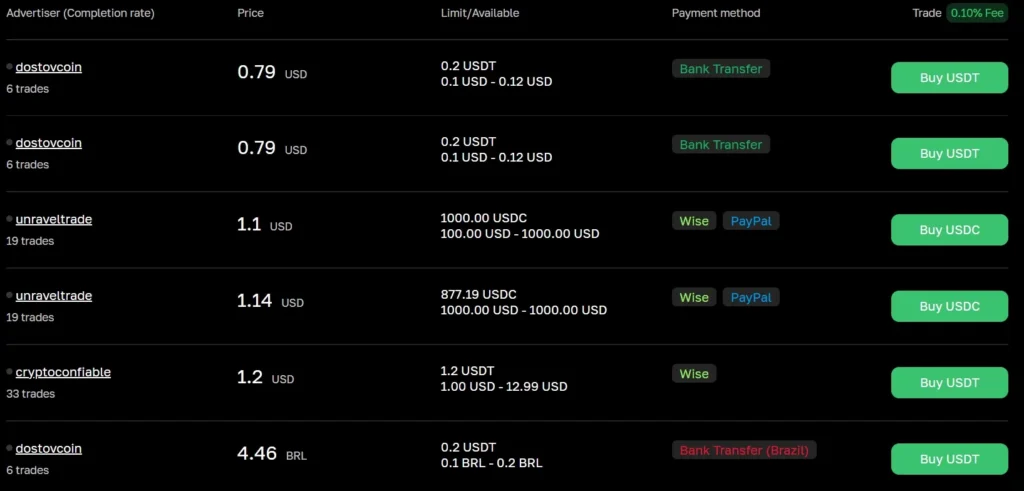
This is where Cryptomus truly stands out. The P2P marketplace feels well-polished. My test purchase of USDT from another user was smooth, with funds held safely in escrow until both sides confirmed. It avoided the awkward trust issues that often come with Telegram P2P trades.
I also generated a payment link to test invoicing for a freelance gig. My client—who had never used Cryptomus—could pay directly via the link without creating an account. Funds arrived in under 10 minutes, without hidden checks or unexplained freezes.
Compared to PayPal, which sometimes holds money for 24–48 hours, this speed is game-changing for anyone who needs fast, reliable crypto payments.
Cryptomus Exchange Review: Breaking Down Cryptomus Fees
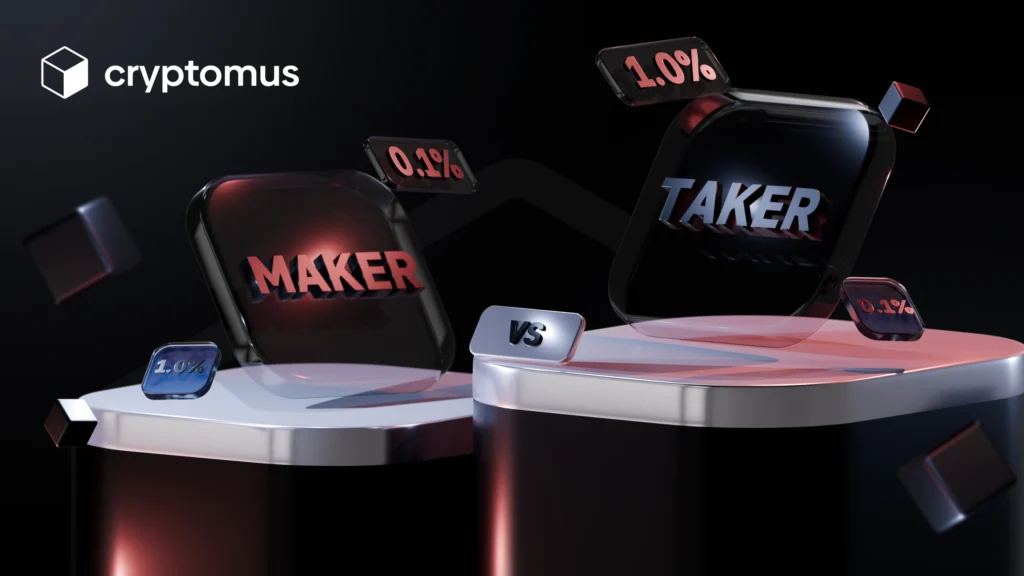
Credit From: cryptomus
Many exchanges make you dig to figure out what you’re really paying. Cryptomus doesn’t. Swaps and P2P trades showed final amounts clearly before I clicked confirm. Most P2P transactions were zero-fee, and even network costs were lower thanks to multiple chain options.
In a direct comparison with PayPal for a $200 payment, Cryptomus saved nearly 3% in fees. Over time, that’s money you can keep instead of losing to payment processors.
Supported Coins and Transfer Networks
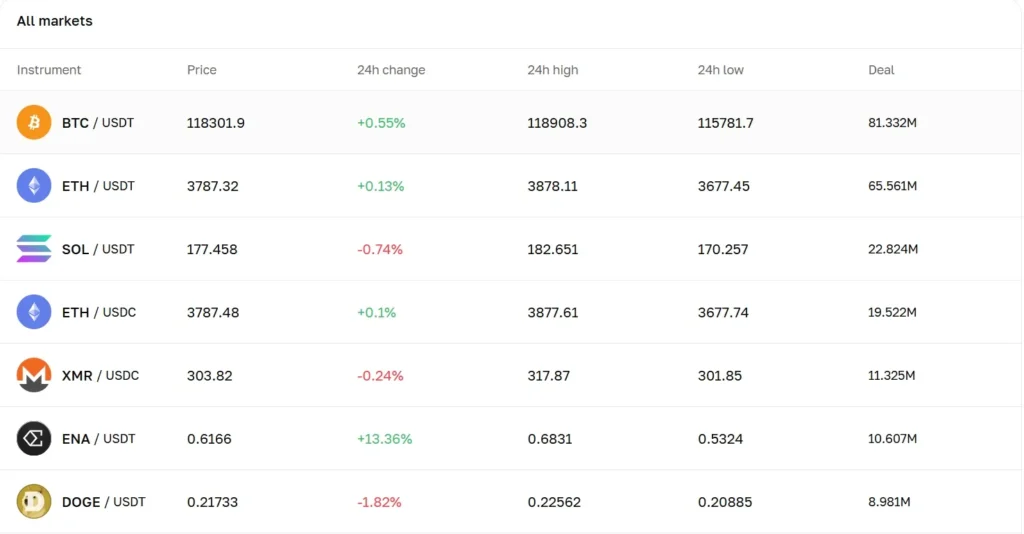
Right now, Cryptomus supports major coins like BTC, ETH, USDT, USDC, and LTC, along with multiple networks (TRC20, ERC20, BEP20). This flexibility helped me avoid high Ethereum gas fees by using TRC20 instead.
The downside? No smaller tokens or DeFi options. If you want to speculate on niche altcoins, you’ll need another platform. Cryptomus focuses on reliability and fast settlement, not high-risk trading.
Pros and Cons of Using Cryptomus in 2025
| Pros | Cons |
|---|---|
| Fast account setup without heavy KYC | Limited coin selection |
| Low, transparent fees and zero-fee P2P deals | No advanced trading tools |
| Merchant features like invoices and payment links | Not ideal for long-term storage of large funds |
| Reliable withdrawals with quick confirmation times | No fiat deposit/withdrawal options yet |
Cryptomus Exchange Review: Who Should Consider Cryptomus?
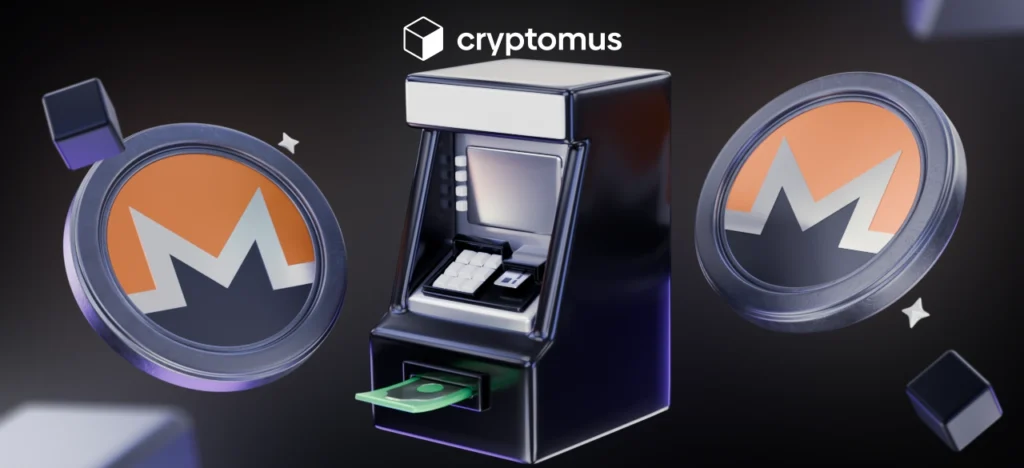
Credit From: cryptomus
After testing every core feature, I can say that Cryptomus delivers on its promise: fast, simple, low-cost crypto payments. It’s perfect for freelancers, online merchants, or anyone sending and receiving crypto daily without wanting to battle complex exchanges or slow payment processors.
It’s not a full trading platform and doesn’t aim to be. If you need advanced tools or niche coins, you’ll need other options. But for everyday transactions, this Cryptomus Exchange Review shows it’s one of the smoothest experiences available in 2025.



